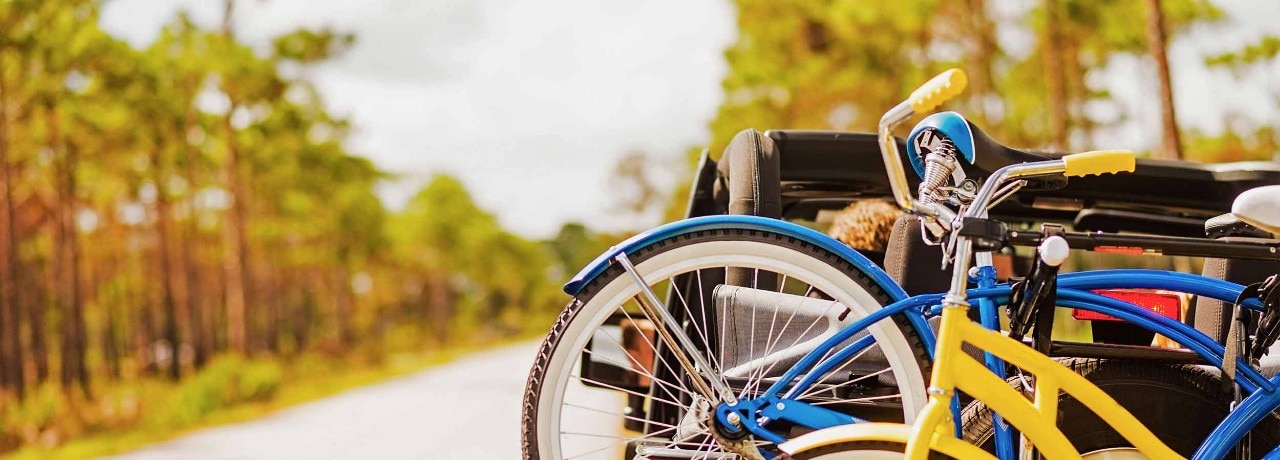The real cost of buying a car - NAB
What are the costs?
Purchase price
Which car you choose can depend on many factors such as what you want, what you need and most importantly what you can afford. You need to consider a car's costs over its expected lifetime. While a new car can be more expensive to buy, it may be cheaper to service. On the other hand, a used car, will likely be cheaper up-front, but depending on the condition it will probably need more maintenance.
Vehicle inspection
Before you buy a used car, get a professional to inspect it, even if you know your stuff. It could be your local mechanic, or a pre-purchase vehicle inspection through your state or territory’s motoring club (e.g. the RACV or the RACQ).
Car history reports and financial searches
For a small fee, a Personal Property Securities Registry (PPSR) search will tell you if the previous vehicle owner still owes money on the car.
This is important because if they do (and they default on a secured loan) 'your' car could be repossessed, even after you've bought it.
For a larger fee, you'll get a more comprehensive car history report. This gives you the car's financial history, as well as other important details such as:
- approximate valuation of the car
- odometer readings
- write-off history
- if it's been stolen.
Stamp duty
Stamp duty can be a large one-off cost and is calculated on the price of the car you’re buying. Be mindful that each state has different stamp duty costs depending on what type of vehicle you’re purchasing (e.g. small car, ute, hybrid).
If you’re buying a new car, some dealers may also add stamp duty on top of the purchase price.
Ongoing costs of owning a car
Registration
Registration fees can vary but your local vehicle registration centre will be able to tell you how much you'll need to pay and by when.
When you first buy your car, you'll also need to factor in registration transfer (and registration renewal if it’s about to expire).
Loan repayments
If you’ve bought a car on finance, repayments may be your biggest ongoing cost. You should factor in the regular repayments, plus any loan fees.
Insurance
When you’re purchasing a car, you should ensure you've got appropriate insurance as finding yourself without it can be costly. Consider getting at least three quotes before buying, as premiums can differ by hundreds of dollars a year. Some insurers might even give you a discount if you've already got other insurance, such as travel or home, with them.
Roadside assistance
Purchasing roadside assistance is often a good idea. Depending on your package, professional assistance is only a call away if your car breaks down. Your insurance policy may include it, so double check before buying.
Petrol or battery charging
For petrol vehicles, the cost of fuel will depend largely on how often and how far you drive your car. If you have an electric vehicle, you should budget for charging at home or using public charging stations. Home charging can be the cheaper option, while public charging stations may cost more but charge your car faster.
Servicing and maintenance
Regular servicing keeps your car running safely and can help avoid bigger repair bills down the track. Check if your car comes with capped-price servicing, which can help you manage costs. You should consider budgeting for things like new tyres, which wear down over time. Unexpected repairs are part of car ownership, so setting up an emergency fund to help cover costs can save you a lot of stress later.
Advantages of buying a new car
Advantages of buying a used car

Explore other life moments
How to finance your new car
Learn if a car loan, dealer finance or leasing is the right option for your new car.
How to budget
Create a budget to help you meet your money goals.
How to get a car loan
Learn about our secured and unsecured car loans, and how to get approved so you can get behind the wheel sooner.
Related products and services
Car Insurance
Compare comprehensive car insurance and third-party cover with NAB Car Insurance.
NAB Internet Banking
Do everyday banking tasks and keep track of your finances with internet banking on your computer or tablet.
Car loans
With a loan from us, you can buy your dream car, first car or something in between.
Get in touch
Customer Support Tool
Solve problems quickly online with our easy-to-follow guides. Simply select a topic and we’ll direct you to the information you need.
Contact us
Explore our personal banking contact information and get support with a wide range of products, services and topics.
Visit a NAB branch
Visit us in person at your nearest NAB branch or business banking centre.
Important information
Apologies but the Important Information section you are trying to view is not displaying properly at the moment. Please refresh the page or try again later.
The information contained in this article is intended to be of a general nature only. It has been prepared without taking into account any person’s objectives, financial situation or needs. Before acting on this information, NAB recommends that you consider whether it is appropriate for your circumstances. NAB recommends that you seek independent legal, financial and taxation advice before acting on any information in this article.




